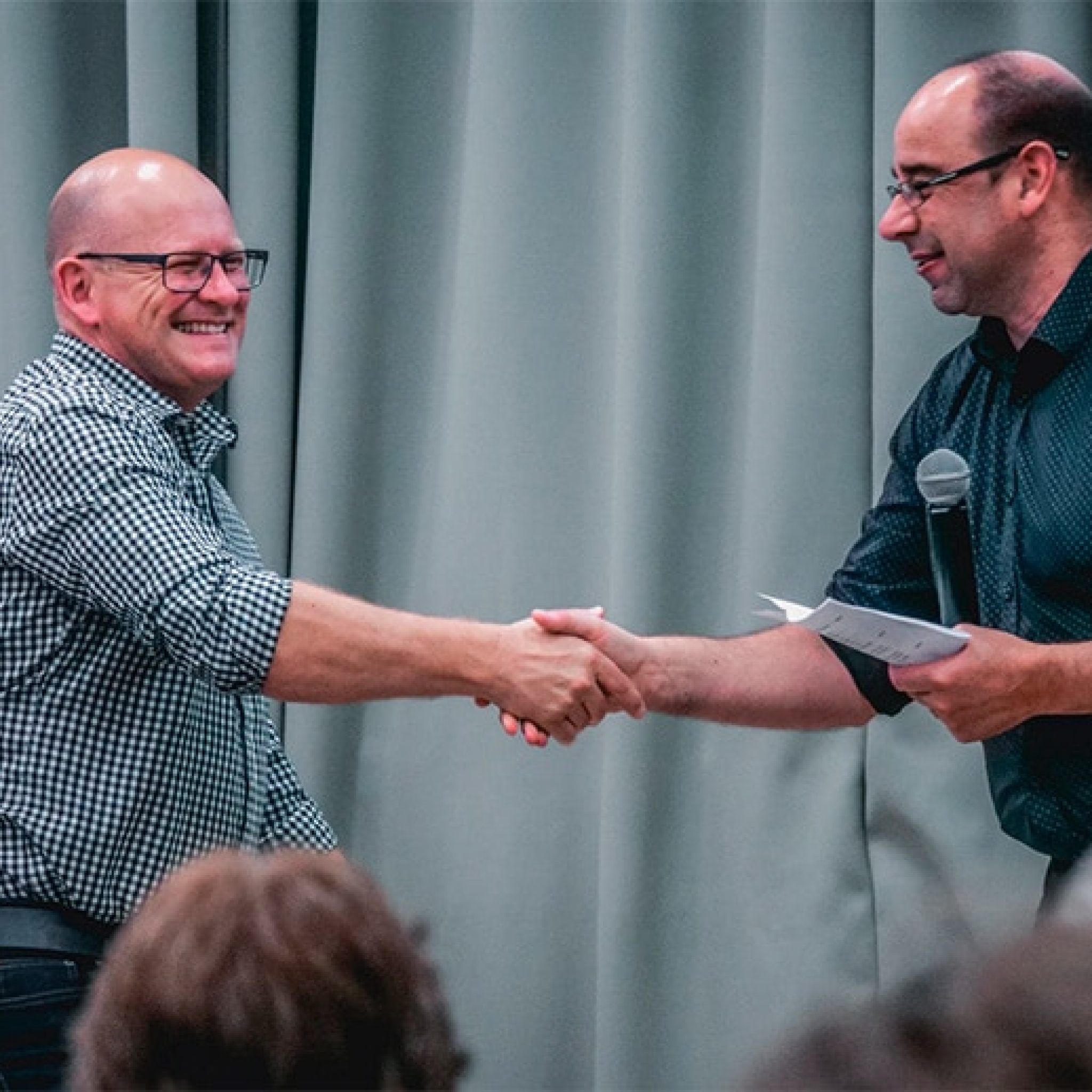Acknowledge the other person's good performance
Although it may have been interpreted to the contrary for decades, work efficiency is not at odds with individual emotions. On the contrary, we are sentient beings and, as such, we need to receive the support of our peers, to hear positive appraisals and to have the approval of our superiors.

Since the industrial world came into our lives, there has been a lot of talk about labor efficiency. With the advent of assembly line production, the world changed and with it, the way people experience reality and interpret human exchange. Now, speed and stress have become normalized and a spirit of normalization reigns over consumption, which has become the frustrated worker’s shield of satisfaction.
Is there anything we can do to improve the situation? Undoubtedly, of course. The key to fighting stress and work inefficiency lies in recovering the humanity of the professional. William James said that “the deepest principle of human character is the longing to be appreciated” and he was absolutely right.
John Dewey, one of the most renowned philosophers in the United States for the reasonableness and depth of his theories, considered among his many conclusions that “the deepest impulse of human nature is the desire to be important“. Once again, the words of an expert thinker in the merely human, opens a door to balance and ‘good work’ in professional relationships.
Friendliness and the spirit of companionship are the tools that will catapult us towards productive and interpersonal success. We must know how to give their place to the effort that people make every day, both in their daily lives and in their work. Therefore, we must look back and redefine the meaning of ‘effectiveness’ so that we do not continue to be tempted to push for results at work.
Knowing how to nurture the self-esteem of others in a healthy way gives satisfaction to the listener and empowers the one who knows how to applaud and appreciate the work of the interlocutor. Dale Carnegie knew this and included this knowledge in his book “How to Win Friends and Influence People“. Therefore, we can conclude that sincere recognition ignites the engines of creativity, banishes frustrations and puts an end to both insecurities and reluctance.
Carnegie was very clear about this, and this is how he put it in his analysis. If we avoid negative criticism, ridicule and simple flattery to rely on the honesty of a sincere and kind thank you, we can change anyone’s life and even increase production from an employment perspective.
Do you want to get the best out of your employees, collaborators, and every person who comes across your path in life? Start by internalizing this great truth and put it into practice in your daily life. Those around you will appreciate the good energy you share with them.
As Charles M. Schwab said,
“The greatest asset I possess is my ability to arouse enthusiasm among men…the way to develop the best in man is through appreciation and encouragement.”
Source: Dale Cargengie. How to Win Friends and Influence People. 1936.
